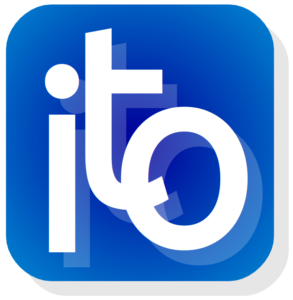– A Different Kind of Reward –
Last week, I had the privilege of helping a group of students – across the globe – understand audio amplifiers and, in just two days, build their very first one. The experience was more than just teaching; it was about sharing a passion for problem-solving and guiding them through the process of turning theory into something tangible.
But the true reward came not from the technical success, but from the moment they powered up their amplifier and saw it working. Their joy was contagious – it was a clear reminder of why I shifted my focus to electronics: the hands-on impact.
It made me reflect on my years in software development and something I rarely, if ever, experienced in that field: the pure, immediate happiness of seeing someone benefit from my work in a tangible way. This led me to a realization – there are things I wish I had known before entering the industry, things that might help future developers set realistic expectations.
What Future Developers Should Know
Software development is an incredible field, filled with opportunities for problem-solving, creativity, and career growth. But before stepping into the industry, there are a few realities that aren’t always discussed.
1. The Impact of Your Work Often Feels Abstract
Unlike building hardware, where you can physically see and touch your creation, software exists in the digital realm. If you work on backend systems, security protocols, or large enterprise applications, your work’s impact may not be immediately visible to users. That doesn’t mean it isn’t valuable – it just means you might not get the same instant gratification as when you build something physical.
2. User Feedback Is Rare and Delayed
In electronics or hands-on projects, you often get direct feedback the moment something works (or doesn’t). In software, you might work on a feature for months before anyone interacts with it, and when they do, feedback is often in the form of bug reports or feature requests rather than joy or excitement. If you crave direct user impact, consider roles in UX design, front-end development, or startups where iteration cycles are shorter.
3. You May Not Feel Like a Creator
Many people enter software development dreaming of building the next big app or solving innovative problems. The reality? Many jobs involve maintaining legacy systems, fixing bugs, or working on incremental improvements. Creativity exists, but it’s not always in the form of “building cool things from scratch.” If you thrive on hands-on creation, consider side projects or roles with more autonomy.
4. The Culture Often Prioritizes Business Goals Over Joy
In software, success is measured by efficiency, deadlines, and business impact rather than emotional satisfaction. The work is valuable, but companies rarely celebrate small wins the way students do when they get an amplifier to work. The happiness you get may come from solving a tough problem or launching a feature – not necessarily from seeing a user’s excitement.
5. Job Satisfaction Comes from Different Sources
The joy in software development comes in different forms – solving a complex bug, designing an elegant system, or learning something new. However, if you’re looking for the immediate, visible impact of your work on people’s emotions, you may find software development lacking in that area. It’s important to know what kind of satisfaction drives you before committing fully.
Final Thoughts
Seeing the students light up with excitement made me ask myself: Why don’t we, as software developers, experience this kind of happiness in our daily work? Is it the nature of software? The lack of direct impact? Or something else?
Software development is still a great field, but it’s different from what many expect. If I had known these things earlier, I might have approached my career differently – perhaps focusing on roles where I could see more direct impact. For those considering a future in software, my advice is simple: understand what truly motivates you. If you find fulfillment in logical problem-solving, optimization, and digital creation, software development can be incredibly rewarding. But if you thrive on tangible, real-world feedback, you might want to keep other options open as well.
What are your thoughts?
Have you experienced the same?
#SoftwareDevelopment #CareerAdvice #TechIndustry #Programming #STEM #Engineering #Mentorship #DevLife #Learning

